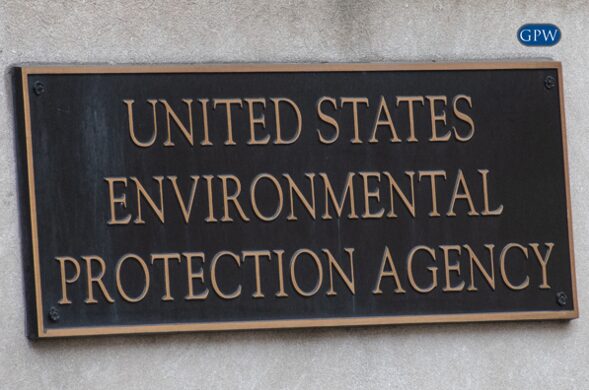Revisions to PA Act 13 Is A Victory For Environmentalists
Environmentalists are pleased to announce that a number of provisions to Pennsylvania’s oil and gas law have been struck down by the Pennsylvania Supreme Court. Many of the issues environmentalists have been fighting for over the past four years are because of a piece of legislation passed in 2012 known as Act 13.
Act 13 was signed by Governor Tom Corbett in hopes of regulating the Marcellus Shale industry that was sweeping Pennsylvania at the time. However, Act 13 was immediately under scrutiny because it shifted much of the regulation power to that of the government, rather than the communities that are being impacted by the drilling. Act 13 allowed the companies to drill anywhere, even on private properties,
overturned local zoning laws, and prevented doctors from disclosing possible health risks from drilling chemicals to their patients.
Naturally, municipalities and environmentalists argued that their constitutional rights have been violated and that the surrounding environment was also in danger, while legislators argued that it was a clean-energy bill that created jobs and revenue. Revisions to Act 13 began to take place in December 2013 after the Supreme Court said that it was unconstitutional to restrict zoning rights and municipalities should have a say on whether or not drilling can be done. If a company or an individual felt that the drilling negatively impacted them, then they could go to the Public Utilities Commission (PUC) and file a complaint. The PUC would then have to decide if zoning rules were violated by drillers; however, under this revision, the PUC now does not have a role in this legislation, as their previous role in deciding if zoning rules were violated is no longer needed. Additionally, areas that stored natural gas were under eminent domain under Act 13. The recent revised ruling struck down that notion citing that it benefited the natural gas industry more than it benefited the community.
Act 13 was also supposed to benefit doctors and their patients in case a person falls ill due to the chemicals used in fracking, or if a patient is somehow exposed to a hazardous material. Drillers are required to list on a website the chemicals that they use to drill for oil and gas so that doctors can easily access the information. However, the drillers do not have to list all chemicals used because some of the chemicals are considered to be trade secrets and are needed to have an edge on the competition. This made it particularly difficult for doctors who were trying to diagnose their patients because not all of the correct information as to what the patient was exposed to could be obtained. The only way a doctor could obtain a complete list of the chemicals used was by signing a confidentiality agreement that legally forbid doctors to share that information. This caused uproar in communities as it was seen that the profits of the natural gas industry were more important than the health of the people. Under this most recent ruling by the Pennsylvania Supreme Court, the confidentiality agreement has been eliminated, citing that it is unconstitutional to not allow people access to information that affects their health.
Another ruling from the Pennsylvania Supreme Court regarding Act 13 is in regards to notifying public water suppliers in the event of a hazardous situation or spill because of gas drilling. While Act 13 requires the Department of Environmental Protection (DEP) to notify public water suppliers, it does not require the DEP to notify private water suppliers, potentially creating a situation where water could be contaminated and communities would not know. Private water suppliers provide water to approximately 3 million people in Pennsylvania; many of them actually living near or in those drilling areas.
Environmentalists, municipalities, and citizens are happy with the results of the new rulings from the Pennsylvania Supreme Court.
As the oil and natural gas industry continues to expand in areas such as Pennsylvania, Ohio, and West Virginia, concerns over contaminated water, damage from unrestrained construction, and natural gas explosion or leaks have increased. Injuries sustained due to gas drilling range from broken bones and burns, to the less obvious chemical exposures that result from improperly drilled wells. Goldberg, Persky & White, P.C. has experience with many types of personal injury and toxic tort lawsuits. If you are concerned about your injuries or illnesses resulting from natural gas drilling, you can consult with one of our personal injury attorneys. There is no cost or fee associated with speaking with one of our lawyers.
Sources
Susan Phillips, “PA Supreme Court Rules With Environmentalists Over Remaining Issues in Act 13,” State Impact – A Project of NPR (September 28, 2016) [Link]
Steven Rosenfield, “Fracking Democracy: Why Pennsylvania’s Act 13 May Be The Nation’s Worst Corporate Giveaway” AlterNet (March 7, 2012). [Link]



